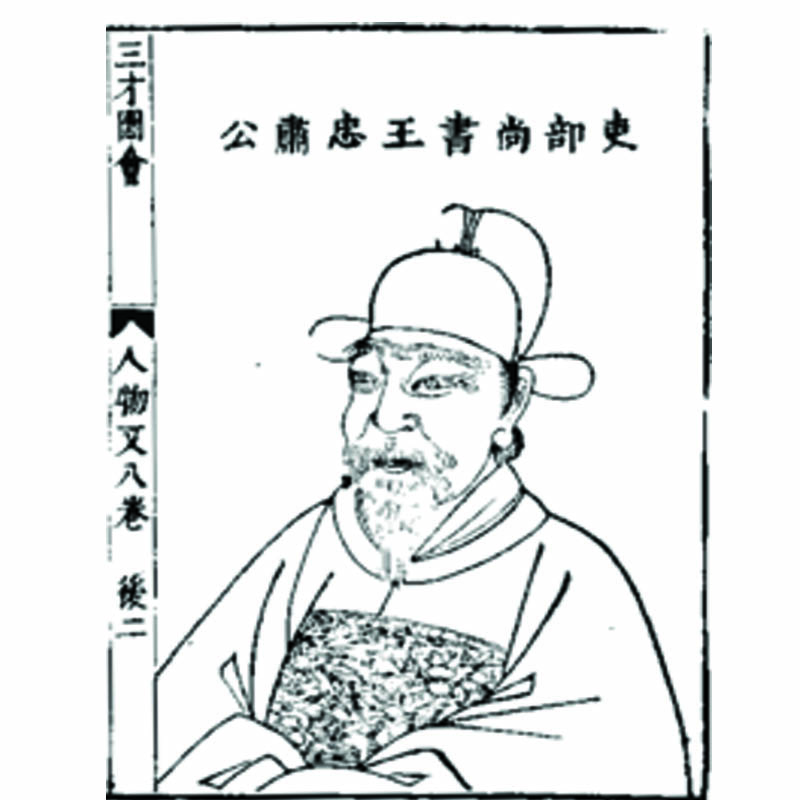In the winter of 1452, Wang Ao (王翱) was designated by Ming Emperor Zhu Qi Yu (朱祁鈺) as imperial envoy to the Huai River (淮河) region of Anhui (安徽) and Jiangsu (江蘇) provinces, as well as the prefecture of Yangzhou (楊州) in Jiangsu. At the time, the prefectures of Feng Yang (鳳陽), Huai’an (淮安) and Xuzhou (徐州) were reeling from a huge deluge, which had displaced people and forced them into begging.
Wang Ao reported the calamity immediately to the imperial court. At the same time, without waiting for the court’s approval, he opened the government granary to provide immediate relief to flood victims. Upon learning of Wang Ao’s action, the famine victims in Shandong and Henan provinces flocked to the three prefectures in droves, causing a food shortage. All the granaries were soon empty, save for the one in Xuzhou.
Wang Ao was ready to open that granary to the victims as well, but the officer-in-charge objected.
Wang Ao told the officer, “If we don’t give relief promptly, the famine victims might rise in rebellion. Should that happen, I will execute you first, then ask the court to execute me.”
Wang Ao’s awe-inspiring righteousness was enough for the officer to withdraw his opposition.
Following that, Wang Ao reported to the court, asked to be impeached and proposed that the emperor issue an order “allowing prisoners with penalty below death to provide food in exchange for amnesty.”
Upon receiving Wang Ao’s report, Emperor Zhu Qi Yu ordered Minister Zou Gan (鄒干) to bring money to the Huai River region and Yangzhou and ordered Wang Ao to act accordingly.
Armed with the imperial mandate, Wang Ao ordered merchant boats along the Huai River to provide rice relative to their loads. He was able to save the lives of 1.85 million people.
He persuaded the rich to provide more than 250,000 dan (1 dan=100 liters) of rice to 557,000 families of famine victims. He loaned more than 74,000 cows, restored the business of 5,500 families and settled 10,600 families who had migrated from other provinces.
Wang Ao provided medicine to the sick, buried the dead, redeemed children who had been sold by their parents, and covered the travel expenses of migrants who wanted to go home.
The people in the calamity areas all praised Wang Ao’s kindness and gracefulness. A delighted Emperor Zhu Qi Yu said, “How great is my envoy! Without him, how many people would have died of famine?”
Wang Ao’s example shows what happens if a government official takes responsibility without fear and puts nothing but the welfare of the people first.
Categories
Putting people’s welfare first
